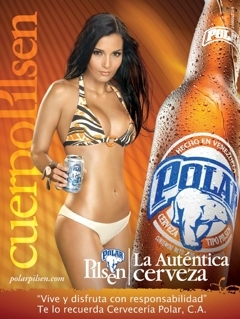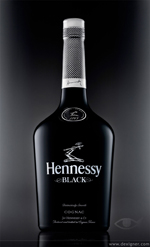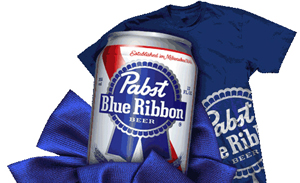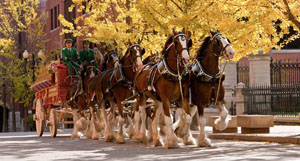Cognac-drinking consumers were historically older and more affluent, but that’s changed in the past decade as hip-hop artists have touted the spirit in popular culture. Hennessy is capitalising on that success with a social media effort for Hennessy Black, which costs USD 39.99 for a 750 ml bottle. For Hennessy, this is the first major product launch in the United States in almost 50 years. The suggested retail price puts Hennessy Black at a premium to the Hennessy VS (very special), which often sells for around USD 30, but still below the higher-end VSOP (very special old pale) and XO (extra old) versions.
From an investor, who planned to milk the brand, to an investor, who will hopefully build the brand. The story of Pabst Blue Ribbon proves that history often comes full circle, alas with variations. When Paul Kalmanovitz, an early consolidator of the U.S. brewing industry, bought Pabst Brewing in 1985, he probably intended to drain Pabst’s equity as he had done with his other beer brands. But he died in 1987 and his fortune went to his charitable trust, the Kalmanovitz trust. Managers of Pabst continued in Mr Kalmanovitz’ style, contracting out production to Miller Brewing and keeping marketing to a minimum. As a result the company’s beer brands saw volumes and market share slip. In 2000, Pabst Brewing sold just over 11 million hl beer, down 15 percent from 1999. Pabst’s market shrank to 5 percent from 30 percent in 1980. In 2009, it had declined even further to 2.7 percent (6.7 million hl) according to Beer Marketers’ Insights.
Homebrewers in Oklahoma and across the country raised a toast last week, when Oklahoma Governor Brad Henry signed into law legislation that makes homebrewing beer legal in the state.
Now if there’s a term Mr Maytag would never have used it is “centre of excellence”. Mr Maytag was an entrepreneur, a brewer, a distiller, a winemaker, a lover of craft. While he could talk enthusiastically about beer, business school jargon would never drip from his lips. After all, he has kept his business small(ish), manageable and private.
Even though Molson’s business is largely concentrated in the mature markets of Canada, Britain and the United States, Coors Light is currently sold in 43 Chinese cities.
MillerCoors and other brewers buy huge quantities of wheat, rice, malt, sugar, and corn. The prices of these commodities can swing wildly, so the financial products known as derivatives – in other words, hedges on whether prices will rise or fall - help the brewer lock in a price range that smoothes profits.
According to media reports, the USD 670,000, A-B spent in the first quarter this year is slightly less than the USD 680,000 it spent in the year-ago period, and the USD 690,000 it spent in the fourth quarter of 2009.
A-B owns more than 200 of the horses, including travelling hitches, two of which are stabled at Warm Springs Ranch. The travelling hitches cost about USD 8,000 a day, leading the brewer to implement a USD 2,000-a-day fee in April this year for Clydesdales’ appearances to help offset the increased costs of hauling, feeding and caring for the horses, it was reported.
On 27 April 2010, Grupo Modelo, the major brewer in Mexico, reported that its export volume slightly increased 0.6 percent during the first three months 2010 compared to the same period last year. Export sales totalled 3.1 million hl beer.
The question has been simmering for months: Will AB-InBev try to cut down its network of U.S. beer distributors as it prowls for cost savings and extra revenues?




